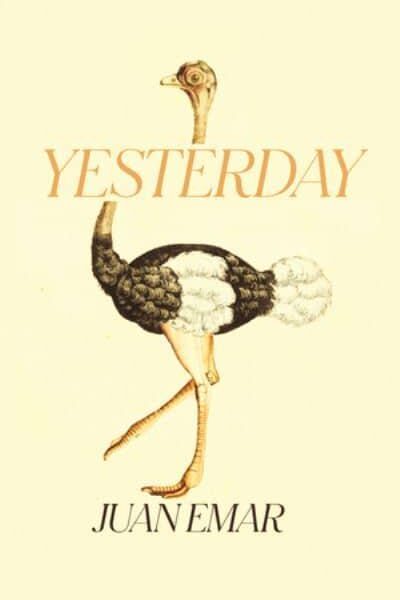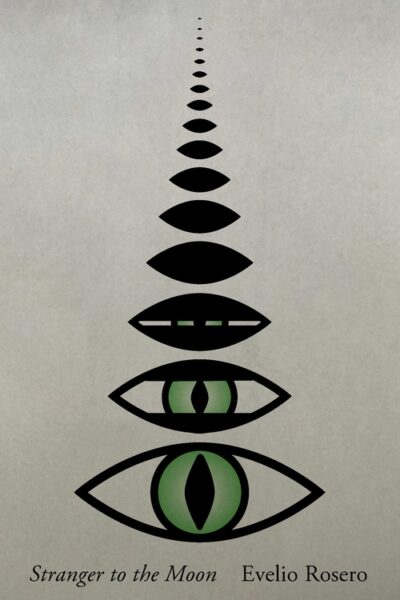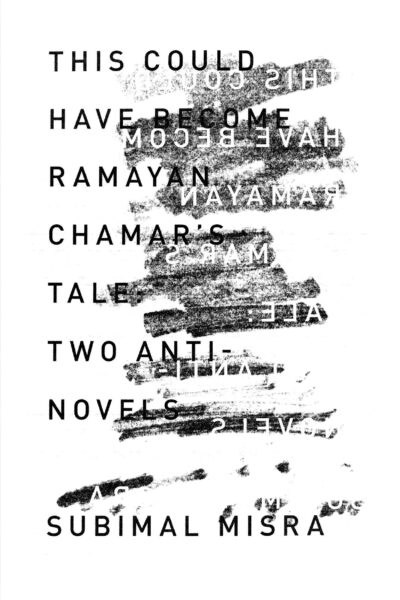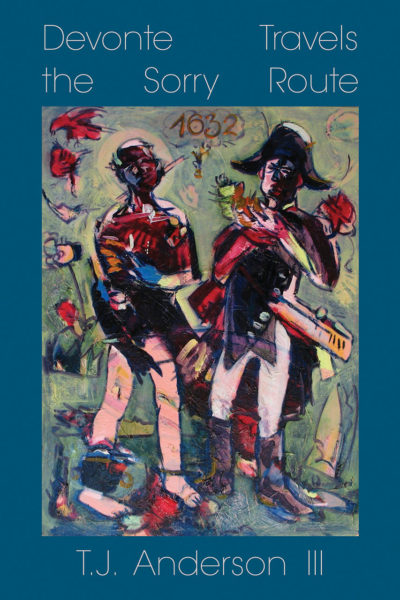Even in an age of exhausted postmodernity, in which there’s supposedly nothing new under the sun, the imagination may give rise to something unforeseen, unprecedented: We’ll know it by our laughter.
No Way in the Skin without This Bloody Embrace – Jean D’Amérique
. . . like something out of Ŝvankmajer: a tongue torn out and dragging itself along in search of contact and reintegration, streaking blood in its wake.
Emar reminds us that neither in books nor in life do we ever have direct access to reality, but that this can serve as a liberating restraint, an invitation to create.
Stranger to the Moon – Evelio Rosero
Rosero goads the reader to consider what tenses we’re thinking, dreaming, imagining in, as we hurtle at the precipice, towards a future not by any means assured.
Rabbit Island – Elvira Navarro
Taking little delight in the absurd, Navarro plunges into the despair, horror, and alienation of a society in steady retreat before the very irrational forces it aims to suppress.
This Could Have Been Ramayan Chamar’s Tale – Subimal Misra
As Subimal Misra’s fiction demonstrates, there can be no definitive answer to the question of what makes a novel a novel — only as many possibilities as we imagine.
The Book of Sleep – Haytham El Wardany
THE BOOK OF SLEEP leaves us with the triad of sleep, revolution, and poetry, each inseparable from the other. When we separate life from its utility, we come closer to free play, to liberation as an ever-ongoing struggle.
Ríos develops the dream as a genre to itself — a real fiction, a fictional real.
Devonte Travels the Sorry Route – T.J. Anderson III
Poetry starves without the sharing of ideas and drafts, books and meals, misery and laughter.











